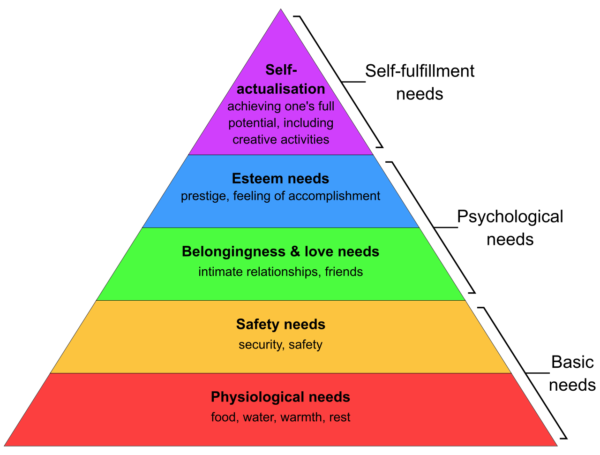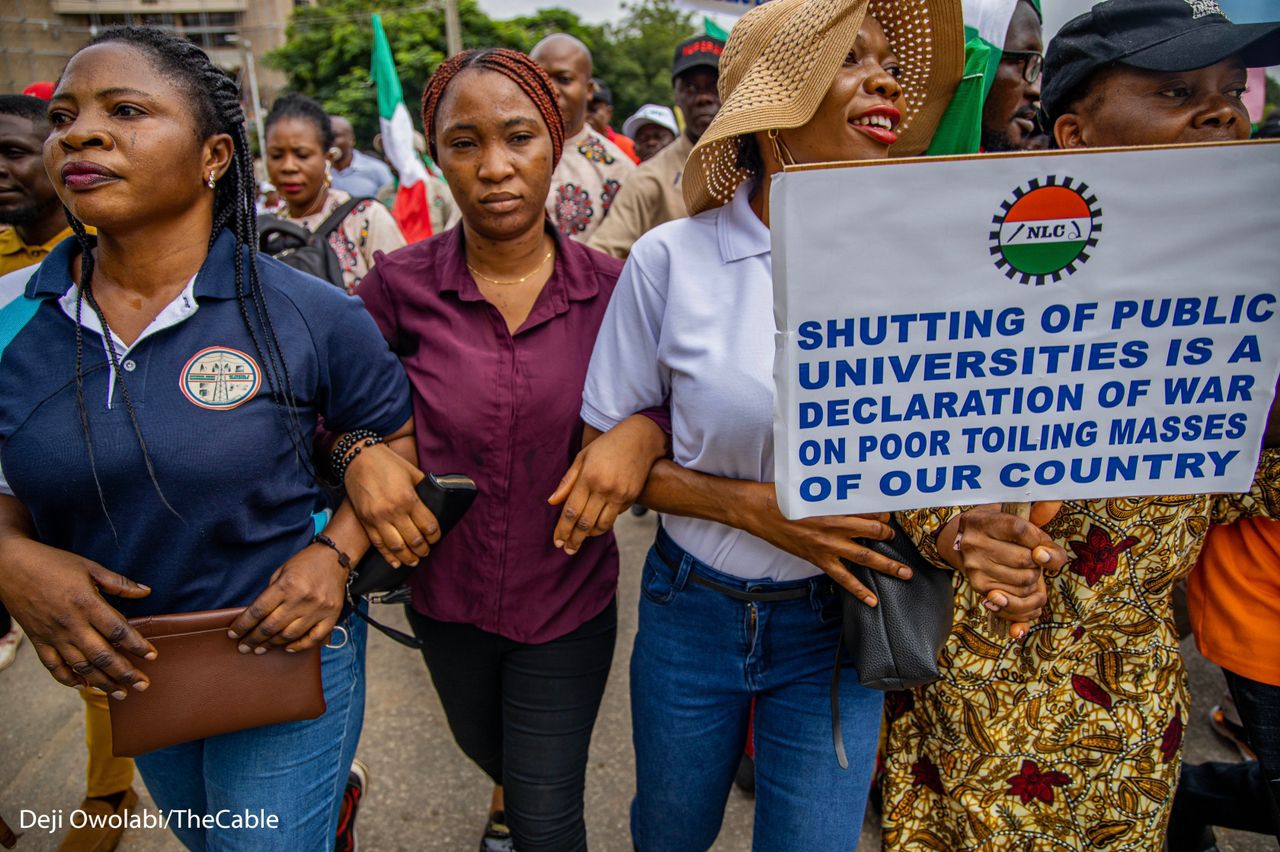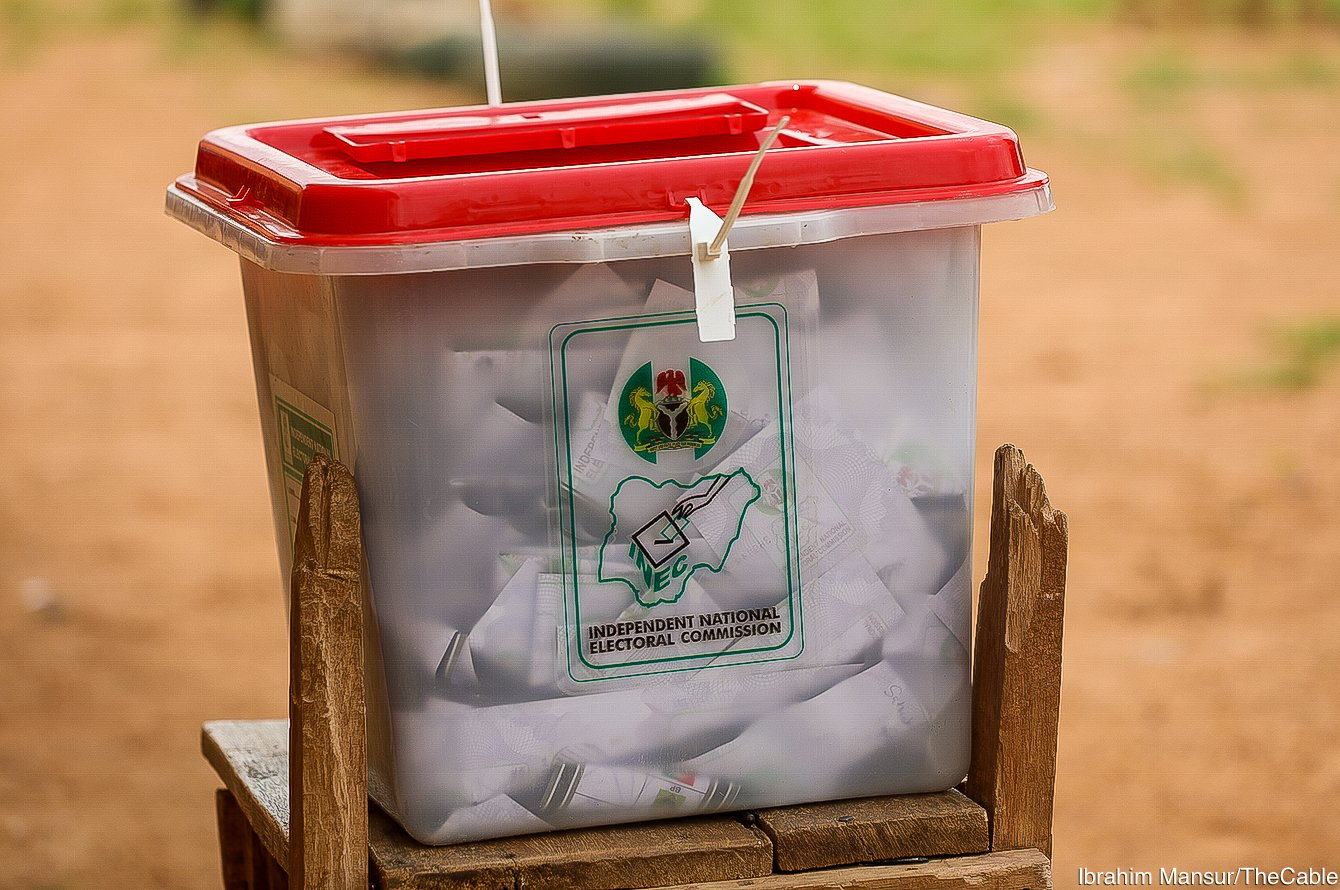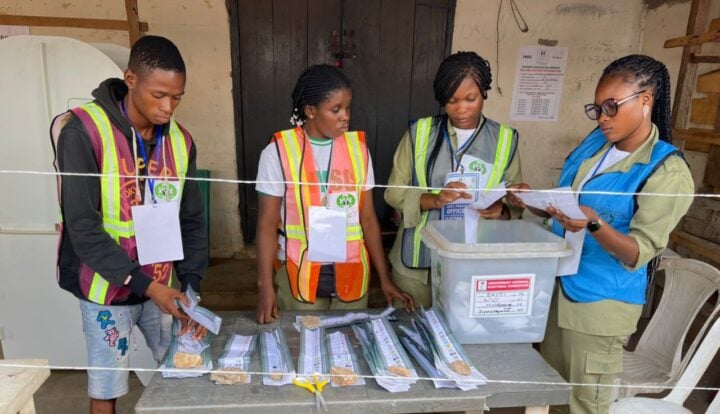“We have seen your type before, and they all fizzled out. Let’s see how long you will last,” That’s what someone recently told David Hundeyin as recounted in his BusinessDay column today.
That thing cut my soul because it is true. For all the flak that the Nigerian media gets, people tend to forget one crucial fact: they are products of their environment, working within that same environment. Only a very few people in this life have the fortitude of Job. The overwhelming majority of humanity, including me, would make the required compromise to just keep things moving.
One problem we have in Nigeria is that we never interrogate these things. We must ask; “why”?
I don’t have the answers, but I have guesses: the system in a country like ours has been designed to keep most of us locked into the basic portion of Maslow’s hierarchy. Of the much vaunted 200 million Nigerians, e no reach 10k wey don escape basic needs, even in the elite!
Advertisement

Let me tell you two stories: A few years ago, a friend’s father had a stroke. A retired old man, whose pensions whenever they came were as per usual, woefully inadequate to even feed him and his wife, so all of us around the circle had to begin to pitch in. The drugs and care were brutally expensive but you just have to keep bringing when your enyi asks that you bring. You really don’t have a choice.
Think of it this way; you and this person have been through a lot together and you will be through a lot in future. Since you met this person, the person has always come through for you and now the person’s father needs care. You have to contribute regardless of what it’s doing to your pocket.
I’m embarrassed to admit that at a point during a hospital visit, I had uncharitable thoughts toward the old man as I was literally seeing myself and my kids being dragged into poverty but I knew that I had to keep helping because his child is a huge part of my support system, and this is where Nigeria fails.
Advertisement
Just after I had been forced to take a second month’s salary advance and then a loan from another friend, someone approached me with one unethical deal (I have to stress that it wasn’t criminal), so I closed my eyes, facilitated the deal, and got paid. The money that I was so ashamed to take helped pay for my guy’s father’s treatment and get this: he has not fully recovered till today, five years after.
Let me tell the second story…
In 2021, a friend was kidnapped in his house in Abuja. His distraught wife played a recording of the call for us which made its way around our small WhatsApp group. I still remember his screams as they tortured him in order to make his wife compliant to their ₦50 million demand. Of course after such a greatest hits audio, even the most callous of us did not have the heart to tell the babe to continue pricing for her husband, our guy’s freedom.
No, we began to rally around, empty accounts, blackmail all blackmailable, to raise the money. Eventually, he was released. Now, consider if he was a journalist (as an example) and the price of his release was to kill a story he was working on. How many people in Buhari’s Nigeria won’t pay such a price willingly?
Advertisement
Is there an upside to not paying?
Do you think ransom money is the only price of kidnap?
Back to Maslow’s Hierarchy of Needs, these two stories fall within our basic needs. The majority of the things that fuel corruption in Nigeria fall within those basics. Almost all Nigerians (except government appointees) are one major health emergency (or kidnap) from poverty.
I must make an exception for those who don’t have a conscience, but how many of us don’t? Can you tell your wife that you don’t have money if her father is admitted to the hospital? Can you tell your husband that you don’t have money if his mother is kidnapped?
Advertisement
This is where Nigeria’s state failure becomes a vicious cycle that continues to entrap us.
To be clear, there will always be those people who won’t compromise, remember the story of Nicholas Ibekwe of Premium Times refusing TB Joshua’s inducements while his colleagues all got in on the action.
Advertisement
Sadly, for whatever reason, Nigerians don’t do nuance, so it is important for me to end this piece by stressing that I am not justifying bad behaviour. In the Bell Curve of life, the vast majority of people, Nigerians included, are in the middle. We just want to be left alone. So as that intrepid person eloquently told David; “we have seen your type, you will fizzle out”.
The question is how do we build a society that shifts the middle of the Bell Curve so that fewer moral people fizzle out? To me, the answer is (again) in what we truly reward. We need to move away from a society that rewards bad behaviour, and this starts from the top. Enough of all the “change begins with me” nonsense.
Advertisement
Nwanze is a partner at SBM Intelligence
Advertisement
Views expressed by contributors are strictly personal and not of TheCable.
Add a comment







